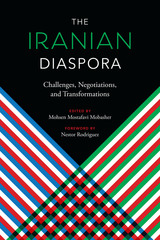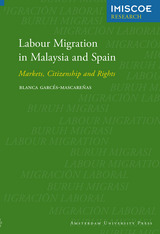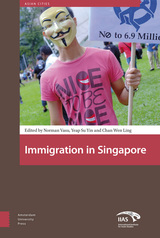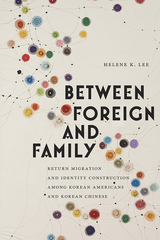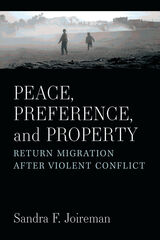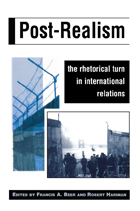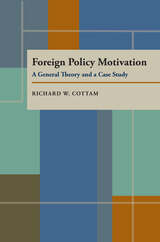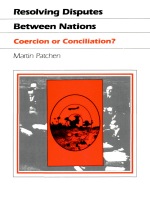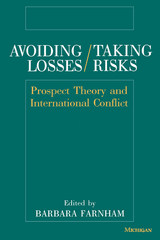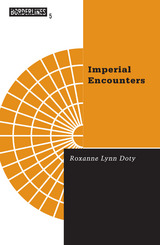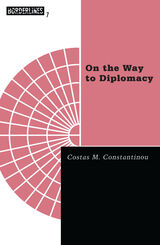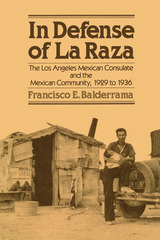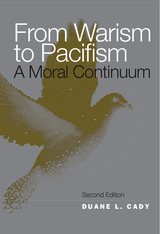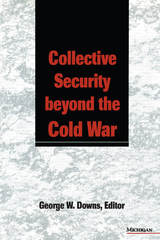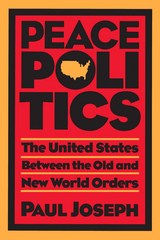Three-Way Street: Strategic Reciprocity in World Politics
University of Chicago Press, 1990
Cloth: 978-0-226-30158-7 | Paper: 978-0-226-30159-4
Library of Congress Classification JX1391.G595 1990
Dewey Decimal Classification 327.09045
Cloth: 978-0-226-30158-7 | Paper: 978-0-226-30159-4
Library of Congress Classification JX1391.G595 1990
Dewey Decimal Classification 327.09045
ABOUT THIS BOOK | AUTHOR BIOGRAPHY | TOC
ABOUT THIS BOOK
How can the world's most powerful nations cooperate despite their conflicting interests? In Three-Way Street, Joshua S. Goldstein and John R. Freeman analyze the complex intersection defined by relations among the United States, the Soviet Union, and China over the past forty years.
The authors demonstrate that three major schools of international relations theory—all game-theoretic, psychological, and quantitative-empirical approaches—have all advocated a strategy that employs cooperative initiatives and reciprocal responses in order to elicit cooperation from other countries. Critics have questioned whether such approaches can model how countries actually behave, but Goldstein and Freeman provide a wealth of detailed empirical evidence showing the existence and effectiveness of strategic reciprocity among the three countries between 1948 and 1989. Specifically, they establish that relations among the three countries have improved in recent decades through a "two steps forward, one step back" pattern. Their innovative and remarkably accessible synthesis of leading theoretical perspectives brilliantly illuminates the nature and workings of international cooperation.
The authors demonstrate that three major schools of international relations theory—all game-theoretic, psychological, and quantitative-empirical approaches—have all advocated a strategy that employs cooperative initiatives and reciprocal responses in order to elicit cooperation from other countries. Critics have questioned whether such approaches can model how countries actually behave, but Goldstein and Freeman provide a wealth of detailed empirical evidence showing the existence and effectiveness of strategic reciprocity among the three countries between 1948 and 1989. Specifically, they establish that relations among the three countries have improved in recent decades through a "two steps forward, one step back" pattern. Their innovative and remarkably accessible synthesis of leading theoretical perspectives brilliantly illuminates the nature and workings of international cooperation.
See other books on: 1945-1989 | 1945-1991 | 1949- | Three - Way Street | World Politics
See other titles from University of Chicago Press

